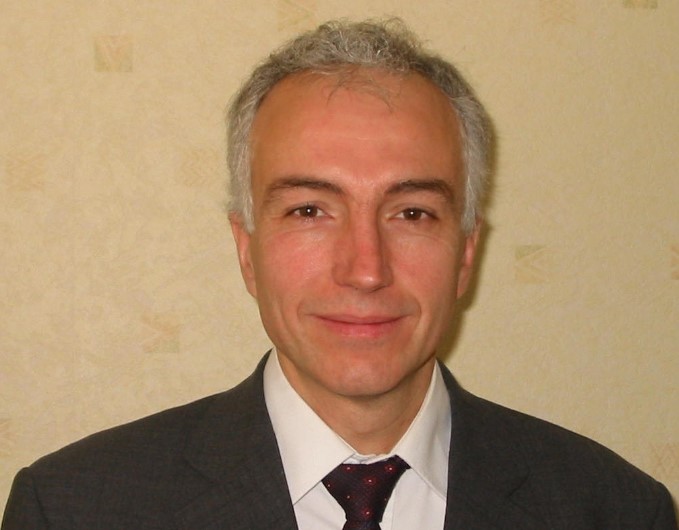 | Eric ALLAIX
Current Head of the Frequency Department in Meteo-France
He is a telecommunication engineer graduated from the Institut National des Télécommunications (Evry, France). Eric Allaix’s experience in radiocommunication and spectrum management dates back over many years in particular as Head of Frequency Management Unit in the French Telecommunication Authority and as Head of Radio Spectrum and Frequency Management Office in French Civil Aviation Authority. Since 2016, he chairs the Wolrd Meteorological Organization Steering Group on Radio Frequency Coordination. |
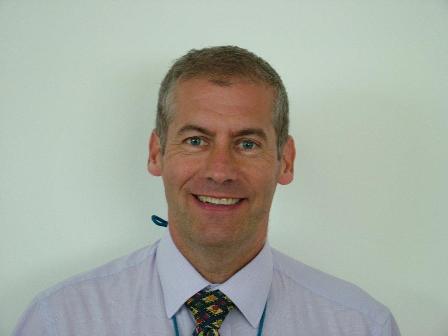 | Neil BEWLEY
Spectrum and Safeguarding Policy Manager at the Met Office College
Neil Bewley has worked for the Met Office for over 34 years, having joined as an assistant scientific officer in 1983 his first role was observing the weather for aircraft safety purposes at Manchester Airport, along with providing aircrew with route planning weather information packs.
In between shift work, Neil studied at Manchester Polytechnic to improve his Maths qualifications and subsequently moved to Glasgow with the Met Office to attain the Physics qualifications he required to be accepted onto the Initial Forecaster Course at the Met Office College (where one of his instructors on that course was Rob Varley, now Chief Executive of the Met Office).
Neil passed this course with flying colours and took up a forecaster training role at Bristol Weather Centre, within 2 years Neil was deputising for the regular TV weather presenter on BBC local news in Bristol, and also communicating the weather story via regular radio broadcasts. One of the unique challenges of the role at Bristol was judging the fine margins required by balloon pilots when deciding if the weather conditions were safe to fly in, the Bristol balloon fiesta see over a hundred hot air balloons taking to the skies, which presents a challenge to ensure the forecast is as accurate as possible.
Neil later moved into the role of Commercial Manager at Bristol, selling the weather advice to a variety of customers whose businesses were affected by the weather, he followed this with account manager roles in aviation weather, International sales of Met Office visualisation systems, Water account manager and also the innovative weather and health project which helped sufferers of respiratory illness self manage their conditions to alleviate problems due to weather factors.
Neil then returned to forecasting at the joint Environment Agency (EA) and Met Office funded project at the Flood Forecast Centre(FFC) in London, brought about as a result of the 2007 floods in Gloucestershire when the Pitt report recommended that the EA and Met Office should work more closely together, Neil worked in London during the inaugural stage of this very successful joint collaboration.
After 3 years back on shifts Neil left the FFC to join the Met Office College as a senior trainer where he worked to improve the courses for forecaster continual professional development, Neil also successfully undertook an externally recognized (PTLLS) training qualification whilst at the Met Office College.
In the last ~4 years Neil has worked as the Spectrum and Safeguarding Policy Manager at the Met Office, which sits in the Observing area (so very much back to his initial Met Office roots). This role requires continual vigilance, liaising with regulators and stakeholders in order to protect Met Office access to the vital Spectrum required by the various observational platforms such as Radar, Satellite and Radiosondes etc.
Neil will depart from the Met Office at the end of October 2017 and can look back at a long and satisfying career in which he feels he had made a difference, the personal highlights of which were being instrumental in the setting up of the weather radar at High Moorsley and also helping sufferers of the devastating COPD illness to better manager their condition when weather factors would normally have made it worse. |
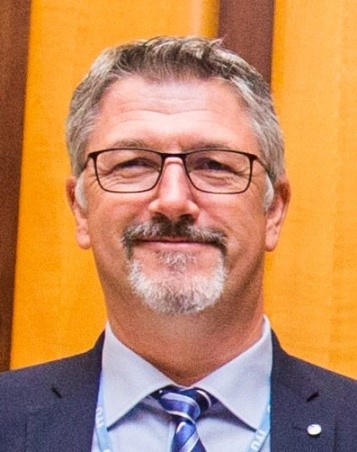 | Markus DREIS
Frequency Management of EUMETSAT
Markus received his engineering degree in telecommunications in 1994 and joined what is today called the Federal Network Agency (Bundesnetzagentur, BNetzA), the German authority for frequency regulations, in the international affairs section.
For several years (around 1998 - 2003) he chaired the CEPT Project Team SE19 (fixed service incl. compatibility with other services) and was in parallel vice-chairmen of the parent group “Spectrum Engineering” in CEPT.
He attended 6 WRCs with several CEPT-Coordinatorships and was Chapter Rapporteur for the CPM-Report 2003 and chaired the Sub-Working Group 5C at WRC-03.
After that he joined EUMETSAT, the “European Organisation for the Exploitation of Meteorological Satellites”, in October 2003 and took over the Frequency Management for EUMETSAT.
In the “family” of space agencies he co-chairs Special Working Group 3 (MetSat and remote sensing) of the Space Frequency Coordination Group (SFCG) since 2004, chaired WG-3 (Metsat and EESS communication bands) of ITU-R Working Party 7B for some years and he is a core member of WMO Steering Group for Radio Frequency Coordination (SG-RFC). Since 2016 he chairs ITU-R Working Party 7C on remote sensing systems.
His entire career is devoted to frequency management and since 2003 he enjoys working in/for the scientific community with the common goal to preserve the frequency spectrum resources required for MetSat and EESS systems. |
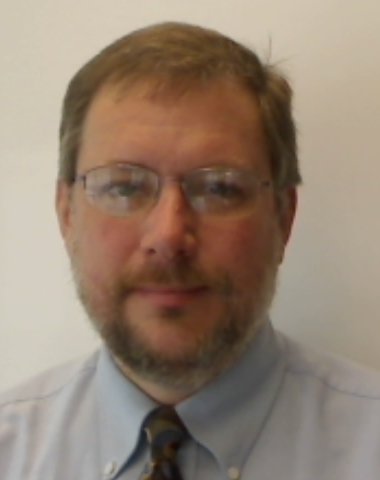 | David FRANC
Deputy Director for International Spectrum Activity for the Department of Commerce (DOC) Office of Radio Frequency Management, managing the work on international spectrum interests for the National Oceanic and Atmospheric Administration and the other DOC Bureaus
Mr. Franc has 22 years experience representing the United States of America in ITU-R activities, being very active in Working Parties 5B, 7B and 7C, as well as participating in other working parties and ITU-R groups as required. He served as the Chairman for WRC-15 Agenda Item 1.12 and for the disbanded Joint Rapporteurs Group on Radar Unwanted Emissions.
Mr. Franc has also served as a member of the WMO Steering Group on Radio Frequency Coordination (SG-RFC) for 22 years and is currently the SG-RFC Co-Chair.
In 2014 he was awarded the Department of Commerce Silver Medal for Meritorious Federal Service for serving as a technical expert during a study process that led to increased broadband spectrum access via spectrum sharing.
Prior to joining the Department of Commerce Mr. Franc worked as a design engineer on HF, VHF and UHF disaster communications radio systems.
Mr Franc holds a Bachelor of Science Degree in Electrical Engineering from Penn State University. |
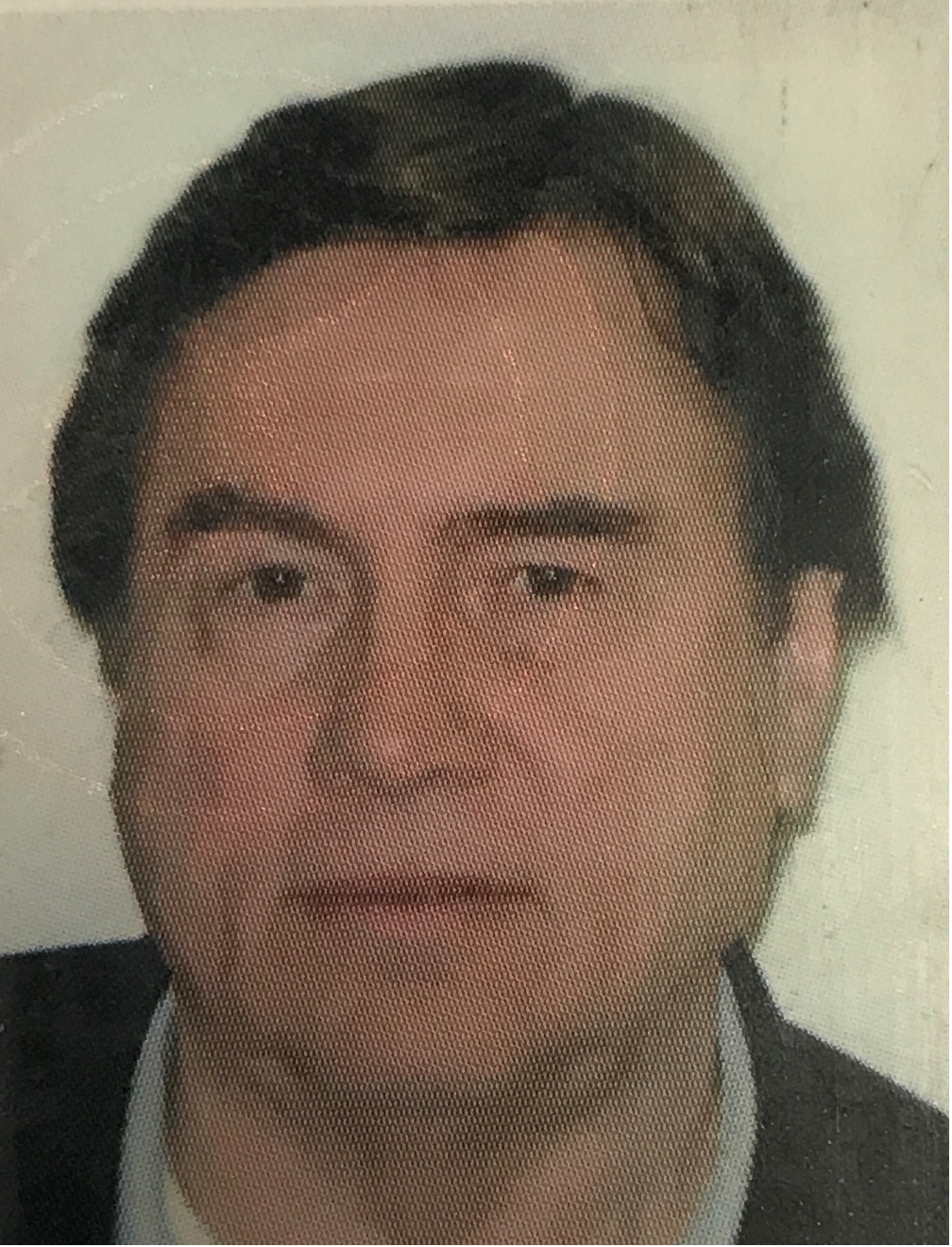 | Bryan HUNEYCUTT
Radar Science & Engineering Section (334), Jet Propulsion Laboratory, Pasadena, CA, USA
Bryan Huneycutt received the B.S. degree in mathematics from the North Carolina State University at Raleigh and the M.S. degree in electrical engineering from the State University of New York at Buffalo.
He was systems engineer for the Shuttle Imaging Radar-A (SIR-A) which flew in 1981 and he was the instrument engineer for SIR-B which flew in 1984. He was supervisor of the SIR-C RF Electronics group and the Deputy System Manager for the Spaceborne Imaging Radar-C (SIR-C) which flew in 1994. He was cognizant engineer for the radar altimeter which flew on the lander of the Mars Pathfinder which landed on Mars in 1997.
Presently, he is in the Radar Science and Engineering Section of the Communications, Tracking and Radar Division at the Jet Propulsion Laboratory. Since 1994, he has been the ITU-R remote sensing representative and US delegate at international meetings of the International Telecommunications Union- Radiocommunications (ITU-R) in Geneva, Switzerland, and Space Frequency Coordination Group (SFCG), to ensure availability and protection of frequency spectrum for NASA/JPL remote sensing for active sensors. |
| | Ivan NAVARRO
Deputy Director for Domestic Spectrum Activity for the Department of Commerce (DOC) Office of Radio Frequency Management, managing domestic spectrum interests for the National Oceanic and Atmospheric Administration (NOAA) and the other Commerce Department Bureaus, including spectrum sharing initiatives.
He currently oversees domestic frequency assignments for the agency and is the Program Manager for the Spectrum sharing Program, transitioning NOAA meteorological satellite spectrum to shared use with Advanced Wireless System-3 commercial operations and leading studies to assess feasibility for repurposing federal radio spectrum.
Before joining the DOC spectrum office in 2016, Mr. Navarro held several management positions in the National Weather Service, including Acting Director of the Office of Operational Systems.
In 2014, he was awarded the Department of Commerce Silver Medal for Meritorious Federal Service for developing and negotiating a precedent-setting spectrum coordination framework to increase broadband access via spectrum sharing after serving as co-chair of the Commerce Spectrum Management Advisory Committee, Working Group 1.
Throughout his professional career, Mr. Navarro has been involved with engineering design and management of federal acquisition programs for meteorological sensing systems and technical support services.
Mr. Navarro holds a Bachelor of Engineering degree from Hofstra University and has been a NOAA employee since 1994. |
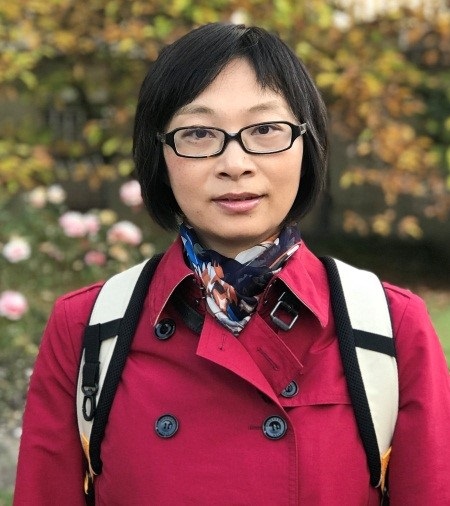 | Jing NIE
Spectrum Manager at NSMC of CMA (National Satellite Meteorological Center, China Meteorological Administration), Senior engineer, Beijing, China.
Jing NIE received the Master degree of Telecommunication and Information system from Harbin Institute of Technology in 2004, Harbin, China.
Since 2004, she works for NSMC as frequency manager with FENGYUN meteorological satellite frequency issues, especially satellite networks application, coordination, and protection of frequency spectrumr.
She has been attending ITU-R study groups SG7 and its working group WP7B/ WP7C since 2005. |
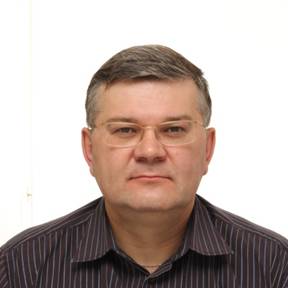 | Vadim NOZDRIN
BR Counselor of ITU-R Study Groups.
Since 2010 Vadim Nozdrin is BR Counselor of ITU-R Study Groups, in particularly dealing with operational and technical aspects of systems for remote sensing and space research, operating on both ground-based and space-based platforms, as well as airborne and maritime communications.
Before Vadim Nozdrin has been working on technical and regulatory aspects of satellite coordination at ITU’s Radiocommunication Bureau since 2000.
Since 1992 he had technical and executive responsibilities at the Moscow Radio Research and Development Institute.
He has been involved in studies of technical, regulatory and economic aspects of spectrum management and have published more than 50 articles as well as co-authoring 3 monographs.
He has a degree in telecommunication engineering (1988), and a PhD in spectrum management (1998) from the Moscow University of Telecommunication and Information. |
 | Jeffrey PIEPMEIER
Chief Engineer for passive microwave instruments with the Instrument Systems and Technology Division, NASA’s Goddard Space Flight Center, Greenbelt, Maryland, USA.
He received the B.S.E. (electrical concentration) degree summa cum laude from LeTourneau University, Longview, Texas, USA in 1993 and the M.S. and Ph.D. degrees in electrical engineering from Georgia Institute of Technology, Atlanta, Georgia, USA in 1994 and 1999, respectively.
At Goddard, he works on several microwave radiometer projects. He is an Instrument Scientist for the Soil Moisture Active Passive (SMAP) microwave radiometer and the Global Precipitation Measurement (GPM) Microwave Imager. He was Deputy Principal Investigator for the IceCube cubesat mission. Previously at Goddard, he was Associate Head, Microwave Instruments and Technology Branch. Prior to NASA, he was with Vertex Communications Corp. and was a Schakleford Fellow with the Georgia Tech Research Institute. His research interests include microwave radiometry and technology development to enable the next generation of microwave sensors.
Dr. Piepmeier is a member of the International Union of Radio Science (URSI, Commission F) and a senior member of the IEEE Geoscience and Remote Sensing Society and the Frequency Allocations for Remote Sensing subgroup. He is also a former chairperson of the National Academy of Science's Committee on Radio Frequencies (CORF). |
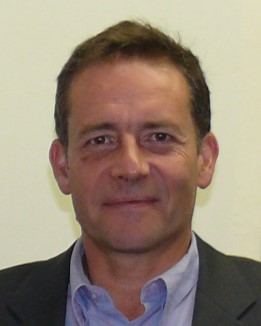 | Philippe TRISTANT
Frequency Manager at EUMETNET (European Meteorological Network) and consulting for EUMETSAT and the European Space Agency (ESA)
He is involved in frequency management issues related to scientific services since 2004 when he joined Meteo France and chaired the Steering Group for Radio Frequency Coordination (SG-RFC) of the World Meteorological Organisation (WMO) between 2004 and 2011.
Before joining Meteo France, he worked within the French National Frequency Agency (ANFR) and the French Ministry of Defense (MoD).
He has been attending various ITU-R study groups and working parties since 1997, head of French delegation in a number of occasion and chairman of Working Party 9A between 2000 and 2003. He attended the last five WRCs at which he acted as either French or European coordinator on a number of agenda items. |
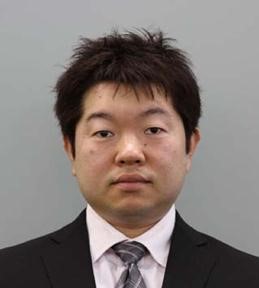 | Masakazu WADA
Defense & Electronic Systems Div., Toshiba Infrastructures Systems & Solutions Corporation, Kawasaki, Japan
He received the Ph.D. degree in electrical and electronic engineering from Osaka University, Osaka, Japan, in 1997. In 1997, he joined Toshiba Corporation, Tokyo, Japan. He is currently a Senior Manager of Toshiba Infrastructures Systems & Solutions Corporation, Kawasaki, Japan.
He developed first Solid-State Weather Radar in Japan as a project manager in 2007 and also managed development of single polarized Phased-Array Weather Radar in 2012. And now he is managing development of dual polarized Phased-Array Weather Radar.
Since 2014, he has been Japanese delegate at ISO/TC 146/SC 5/WG 7 “Ground-based remote sensing of precipitation – Weather radar”. Since 2016, he has been Japanese delegate at international meetings of the International Telecommunications Union- Radiocommunications (ITU-R). |
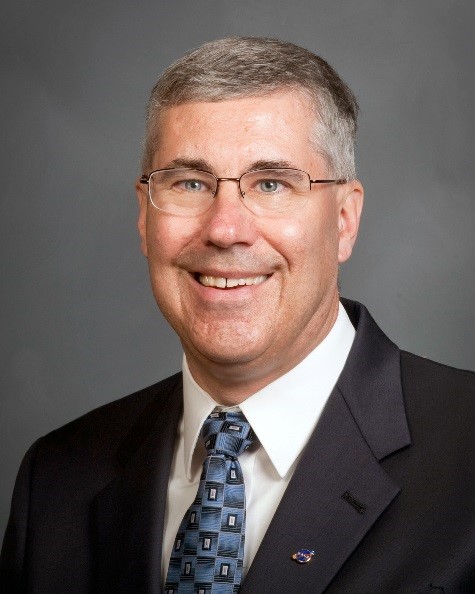 | John ZUZEK
1983 - Bachelor of Electrical Engineering, Cleveland State University, Fenn College of Engineering, USA (Summa Cum Laude)
1987 - Master of Science in Electrical Engineering, Cleveland State University, College of Graduate Studies, USA
John Zuzek is an electrical engineer with more than 33 years of professional experience in the space communications and more than 21 years of experience in the ITU radiocommunication sector (ITU-R). Mr. Zuzek was actively involved in all of the Conference Preparatory Meetings, World Radiocommunication Conferences and international meetings of Working Party 7C (as well as other international groups) since 1996. He was elected to the position of Chairman, ITU-R Study Group 7 (Science Services) in2015.
Mr. Zuzek is a Senior Member of the American Institute of Aeronautics and Astronautics (AIAA) and a Senior Member of Institute of Electrical and Electronics Engineers (IEEE). He is also a member of IEEE Geoscience and Remote Sensing Society and the Frequency Allocations for Remote Sensing subgroup. |